
Anno’s Counting Book
Age Level:
3-6 Genre:
Fiction 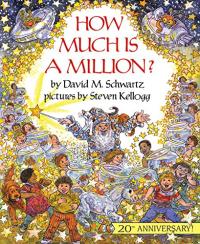
How Much Is a Million?
Illustrator:
Steven Kellogg Age Level:
6-9 Genre:
Nonfiction 
National Geographic World Atlas for Young Explorers, 3rd edition
Age Level:
6-9 Genre:
Nonfiction 
If America Were a Village: A Book About the People of the United States
Illustrator:
Shelagh Armstrong Age Level:
6-9 Genre:
Nonfiction 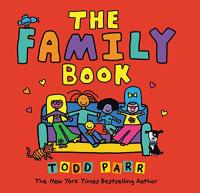
The Family Book
Age Level:
3-6 Genre:
Fiction 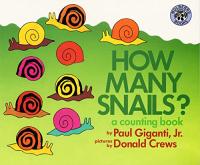
How Many Snails? A Counting Book
Illustrator:
Donald Crews Age Level:
3-6 Genre:
Fiction 
The Little House
Age Level:
3-6 Genre:
Fiction 
Me on the Map
Illustrator:
Annette Cable Age Level:
6-9 Genre:
Nonfiction 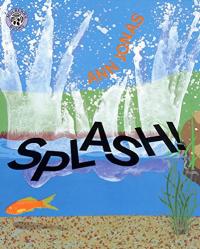
Splash!
Age Level:
3-6 Genre:
Fiction 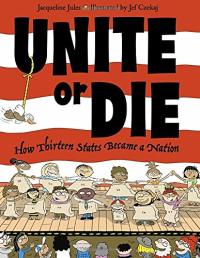
Unite or Die! The Story of the Thirteen Colonies
Illustrator:
Jef Czekaj Age Level:
6-9 Genre:
Fiction 